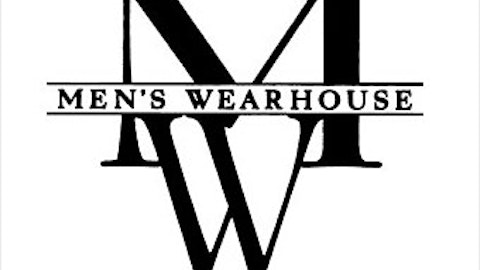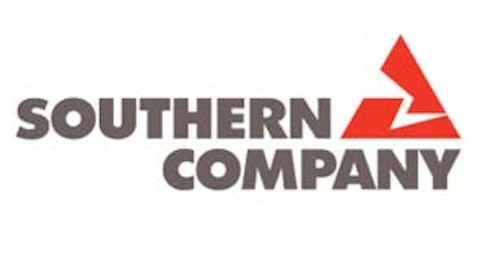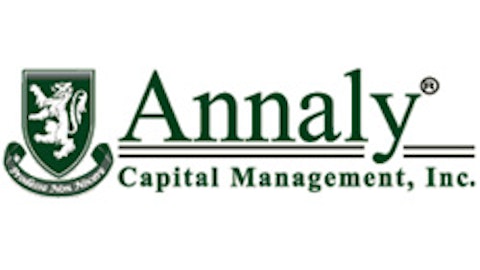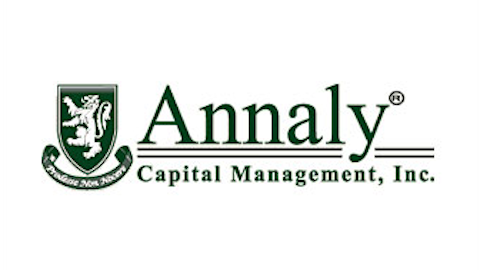There are few business practices more reprehensible than nepotism, the hiring of relatives irrespective of merit. Though, another that measures up is unjustly enriching oneself at the expense of your employer and/or shareholders. Recently, two organizations that couldn’t be more different from each other have shared common experiences in this regard.

In the middle of last month, a report commissioned by the NBA Players Association questioned its executive director Billy Hunter’s leadership and “exhaustively” documented questionable business practices including nepotism.
The most damning conclusions reported by Bloomberg News were that Hunter’s $15 million employment contract was never properly approved by the association’s executive committee and player representatives, and that the association had paid almost $4.8 million to Hunter’s family members and their professional firms since 2001.
According to ESPN, his daughter-in-law made $173,219 in 2011 and has earned a total of nearly $1.2 million over the course of her tenure there. His daughter earned $82,954 last year as the union’s benefits director. His son works at investment advisory firm that’s been paid almost $3 million since 2005. And a second daughter has secured hundreds of thousands of dollars in fees from the organization for two law firms she’s worked at since 2007.
While I have no basis to question the quality of work that Hunter’s relatives have provided to the union, suffice it to say that the decision to hire so many of them certainly creates an appearance of impropriety. As we came to find out at the end of last week, moreover, it also fueled the association’s decision to suspend Hunter from his duties.
So what about Annaly?
At this point, you’re probably wondering what Annaly Capital Management, Inc. (NYSE:NLY) has to do with any of this. The answer is that Annaly has employed, and continues to employ, many of these same unacceptable business practices.
In the first case, like Hunter, Annaly’s executives have a history of enriching themselves at the expense of stakeholders. In 2011, both its then-CEO Michael Farrell and then-COO Wellington Denahan-Norris were paid $35 million each. By means of comparison, Jamie Dimon — the CEO of the nation’s largest bank by assets, JPMorgan Chase & Co. (NYSE:JPM) — earned $23 million that year. You do the math — Farrell and Denahan-Norris oversaw $109 billion in assets while Dimon presided over $1.1 trillion.
Now, suffice it to say, making a lot of money isn’t a crime. In fact, it doesn’t even amount to an appearance of impropriety so long as shareholders — or in Billy Hunter’s case, the executive committee of the players association — approve.
The problem for Farrell and Denahan-Norris was that there’s reason to believe Annaly’s shareholders weren’t comfortable with the extravagant payouts. At the company’s annual shareholder meeting on May 26, 2011, its shareholders voted overwhelmingly in favor of yearly say-on-pay votes — 268 million in favor of annual votes versus 102 million in favor of tri-annual votes — under which they have the opportunity to express their approval or disapproval for the company’s compensation system.
What do you think Annaly’s executives and board members did? If you guessed that they ignored the shareholder vote, then you’d be right. Later that same day, the board voted against annual say-on-pay votes, choosing instead to hold them every three years. Here’s how Annaly justified it in a regulatory filing with the SEC:
The Board has considered the appropriate frequency of future non-binding advisory votes regarding compensation awarded to its named executive officers. Among other factors, the Board considered the voting results at the Company’s 2011 Annual Meeting with respect to the non-binding advisory vote regarding the frequency of non-binding advisory votes regarding compensation awarded to its named executive officers. The Board has determined that future non-binding advisory votes regarding compensation awarded to its named executive officers will be submitted to shareholders of the Company every three years.




